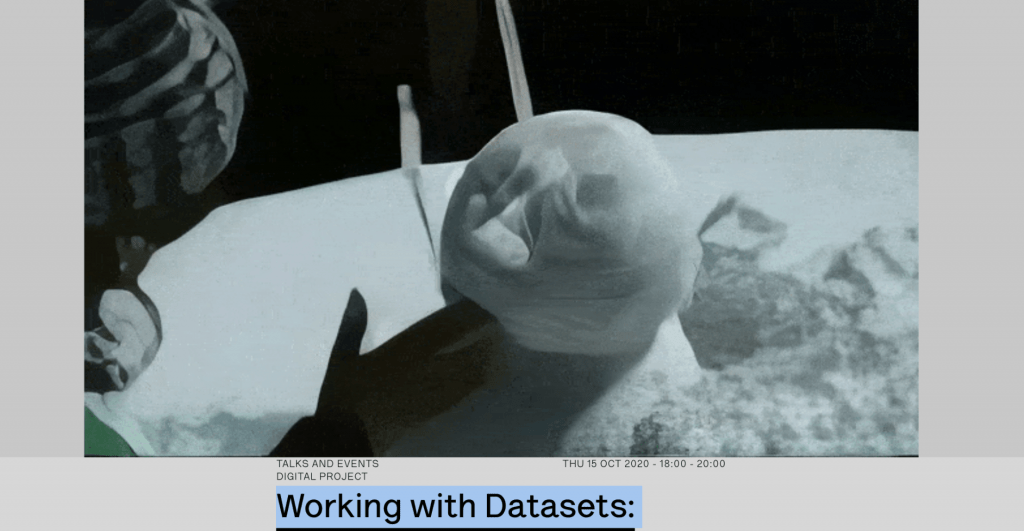Biographies
Everest Pipkin is a drawing and software artist currently based in Pittsburgh, Pennsylvania who produces intimate work with large data sets. Through the use of online archives, big data repositories, and other resources for digital information, they aim to reclaim the corporate internet as a space that can be gentle, ecological, and personal.
xtine burrough is a new media artist. She regularly participates in international festivals of digital art and has authored or edited several books including Foundations of Digital Art and Design (2013, 2nd Edition 2019), Net Works: Case Studies in Web Art and Design (2011), and The Routledge Companion to Remix Studies (2015). She is Professor in The School of Arts, Technology, and Emerging Communication at UT Dallas.
Sabrina Starnaman is Associate Professor of Instruction in Literary Studies. Her research focuses on Progressive Era (1880-1930) American texts about social settlements and women’s activism, urbanism, and disability. Dr. Starnaman’s research explores how nineteenth-century activists remediated exploitative labor practices, racism, and poverty. She is interested in finding ways that their historical solutions, often implemented locally, can be brought to bear on similar problems in the twenty-first century.
Philipp Schmitt is an artist, designer, and researcher based in Brooklyn, NY. His practice engages with the philosophical, poetic, and political dimensions of computation by examining the ever-shifting discrepancy between what is computable in theory and in reality. His current work addresses notions of opacity, and the automation of perception in artificial intelligence research.
Dr Ramon Amaro is Lecturer in Art and Visual Culture of the Global South at UCL. He is a former Research Fellow in Digital Culture at Het Nieuwe Instituut in Rotterdam and visiting tutor in Media Theory at the Royal Academy of Art, The Hague, NL (KABK) and thesis at Design Academy Eindhoven (DAE). Dr Amaro completed his PhD in Philosophy at Goldsmiths, while holding a Masters degree in Sociological Research from the University of Essex and a BSe in Mechanical Engineering from the University of Michigan, Ann Arbor. He has worked as Assistant Editor for the SAGE open access journal Big Data & Society; quality design engineer for General Motors; and programmes manager for the American Society of Mechanical Engineers (ASME). His research interests include machine learning, the philosophies of mathematics and engineering, Black Study, computational reason, and philosophies of being. Dr Amaro is under contract from Sternberg/MIT Press to write a monograph on machine learning, race, and the philosophy of being, provisionally titled Machine Learning, Sociogeny and the Substance of Race. He is also co-founder of Queer Computing Consortium (QCC), which investigates the “languages” of computation and its role in shaping locally embedded community practices.
Nicolas Malevé is a visual artist, computer programmer and data activist who lives and works between Brussels and London. Nicolas is currently working on a Phd thesis on the algorithms of vision at the London South Bank University. He is a member of Constant and the Scandinavian Institute for Computational Vandalism.
Anna Ridler is an artist and researcher who lives and works in London. She is interested in systems of knowledge and works with new technologies, exploring how they are created in order to better understand society and the world. Her process often involves working with collections of information or data, particularly self-generated datasets, to create new and unusual narratives in a variety of mediums and how new technologies, such as machine learning, can be used to translate them to an audience. Her work has been exhibited widely at cultural institutions worldwide including the Victoria and Albert Museum, the Barbican Centre, Centre Pompidou, HeK Basel, The Photographers’ Gallery, the ZKM Karlsruhe, and Ars Electronica.









